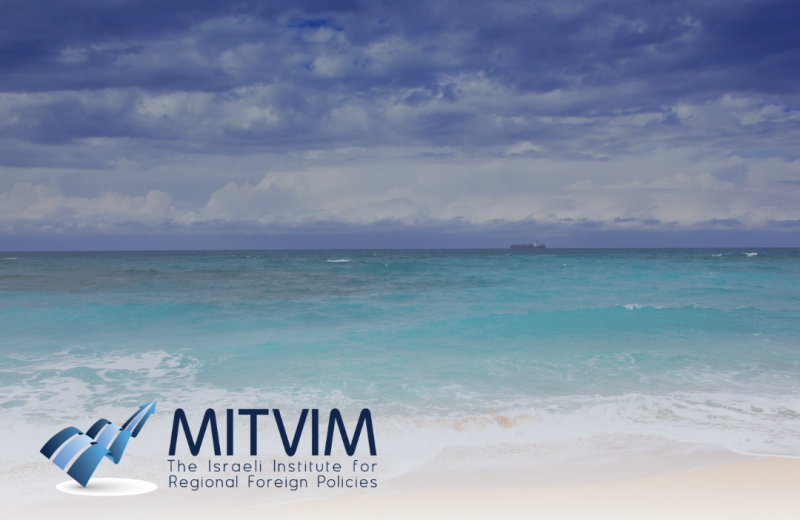 All Publications
/ Israel and the East Mediterranean
All Publications
/ Israel and the East Mediterranean
This paper examines the differences between a blue economy and a maritime economy in the regional context of the Eastern Mediterranean. A blue economy is defined as one that improves human well-being by preserving environmental resources for future generations. Its environmental, climatic and social aspects are intertwined and interdependent. By contrast, a maritime economy is solely driven by profit motives. Two key understandings guide the discussion presented in this paper. The first is that the close connection, and even dependence of human welfare on healthy seas necessitates management of the marine environment so that it both supports economic prosperity and preserves the natural system needed for sustainable living. The second is that adopting the blue economy paradigm as an approach that inherently requires regional cooperation will enable wise implementation and full realization of blue economy advantages, perhaps even before each country fully and independently adopts the approach. The paper examines various blue economy sectors that lend themselves to implementation of a sustainable and regional blue economy paradigm, with a focus on ecotourism and nature conservation. It also proposes guiding principles and policy recommendations to promote the transition from a maritime economy to a regional blue economy. Adopting this blue economy approach bodes a promise of regional prosperity and resilience, as well as water, food and energy security in times of climate crisis and other environmental threats. It also offers hope as a framework for conflict resolution and regional peacebuilding.


